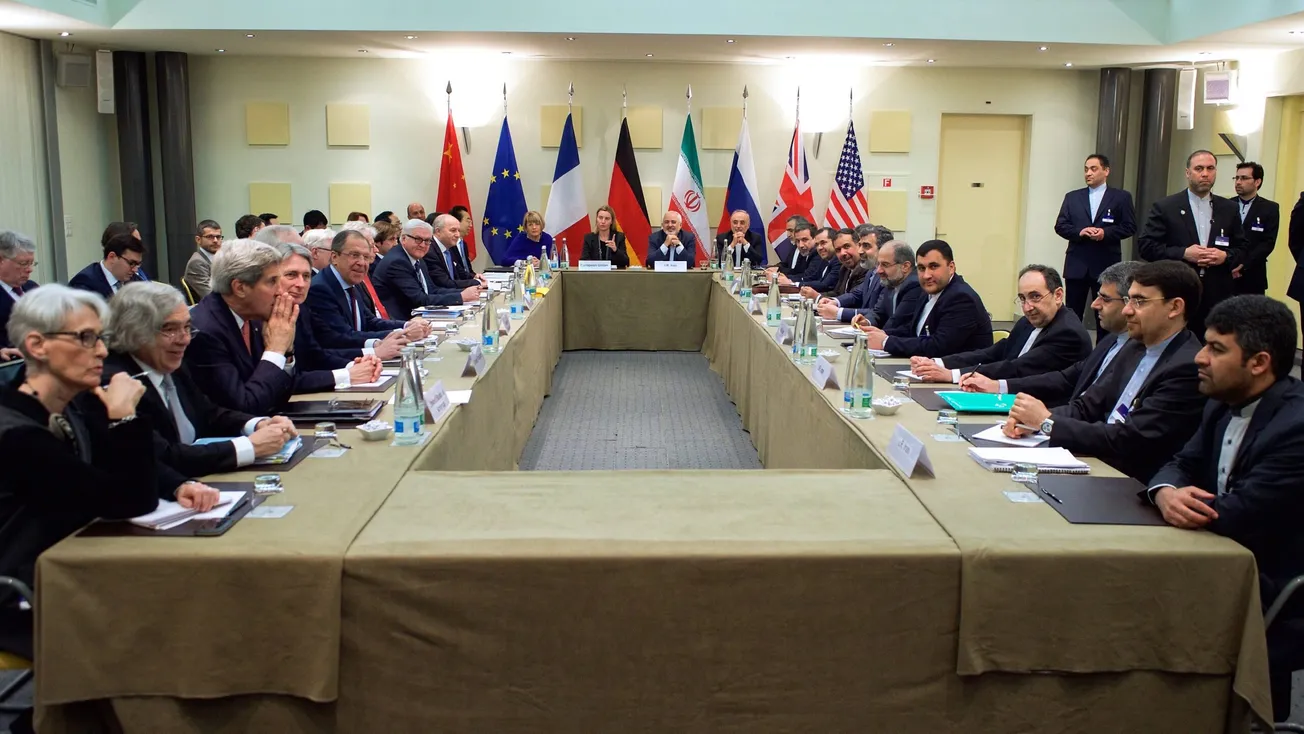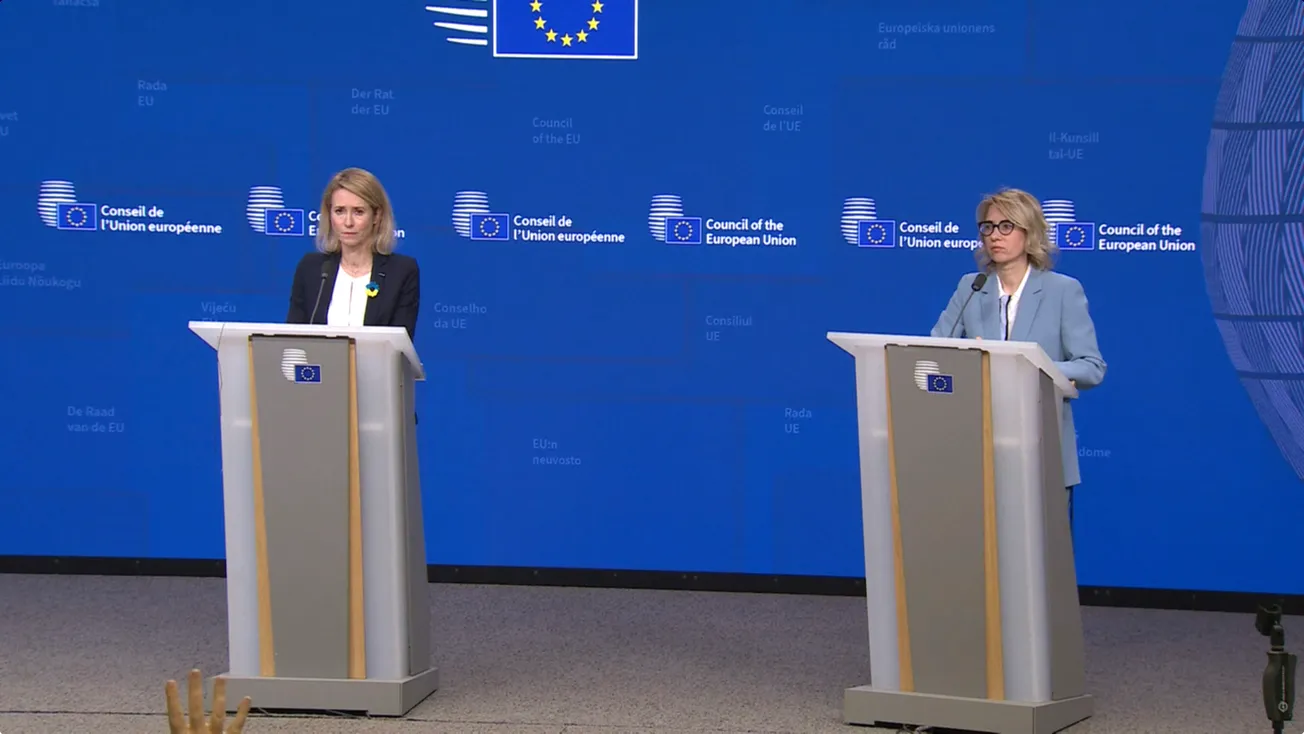Attacks on Israeli Prime Minister Benjamin Netanyahu have come fast and furiously, including from within his own cabinet, after he tweeted on X on Oct. 28 a post blaming the nation’s security services for failing to provide intelligence on the violent attack launched by Hamas on Israel on Oct. 7. The late-night post came just a few hours after Netanyahu held a press conference with Defense Minister Yoav Gallant and Minister Benny Gantz, during which he ascribed blame to no one, saying that “after the war everyone will have to give answers, myself included.”
Yet in his later post he wrote that at no time had he been warned of Hamas’s “war intentions,” and that, on the contrary, the heads of military intelligence and Shin Bet domestic intelligence had assessed that Hamas had been deterred and was looking for a settlement. “This assessment was submitted again and again to the prime minister and the cabinet by all the security forces and intelligence community up until the outbreak of the war,” he charged. The response was immediate and harsh.
Gantz, a former Defense Minister, told Netanyahu to immediately delete the tweet and “stop dealing with the issue. When we are at war, leadership must show responsibility … and strengthen the forces in a way that they can … realize what we demand from them.” Ha’aretz issued a tough editorial on Oct. 29 demanding Netanyahu’s immediate resignation or removal from office by a no-confidence vote. Opposition leader Yair Lapid accused Netanyahu of “crossing a red line” and demanded an apology. Similar statements came from National Security Minister Itamar Ben-Gvir.
Late Sunday morning, Oct. 29, Netanyahu finally deleted his post, tweeting, “I was wrong. The things I said following the press conference should not have been said and I apologize for that.” He added that he gave “full backing” to all the heads of the security services. This really settles nothing, however. The New York Times on Oct. 29 raised several issues that are still very much on the table, including how Israeli security experts misjudged the threat posed by Hamas in the weeks leading up to Oct. 7 and the role played by the months-long political turmoil around the judicial reform which many experts said weakened the security forces. According to the Times report, military intelligence believed that since May 2021, Hamas wasn’t interested in any large-scale attacks from Gaza and was focused instead on potential attacks in the West Bank. Israel’s top security staff reportedly saw a greater threat from Hezbollah and Iran-backed militia groups rather than Hamas attacks from Gaza.




